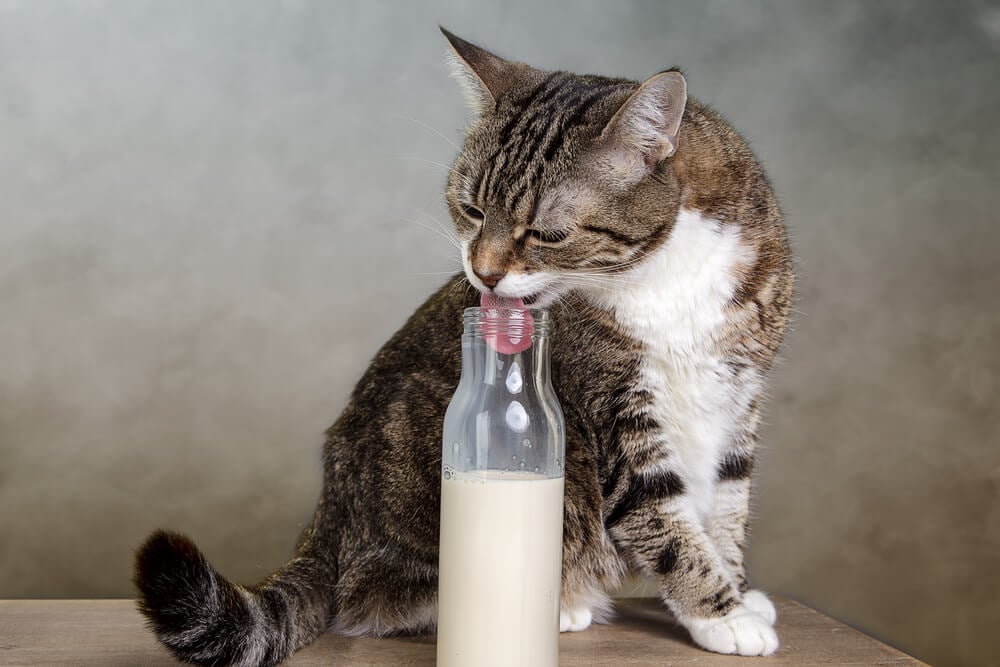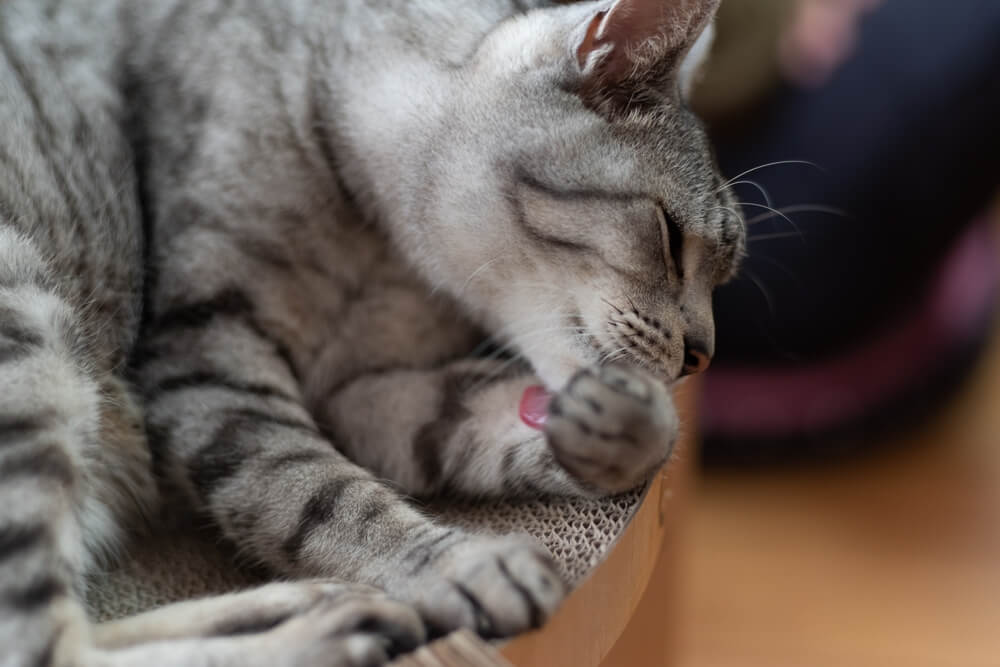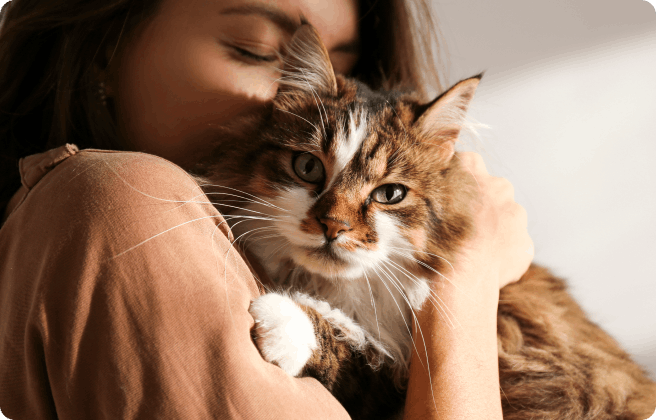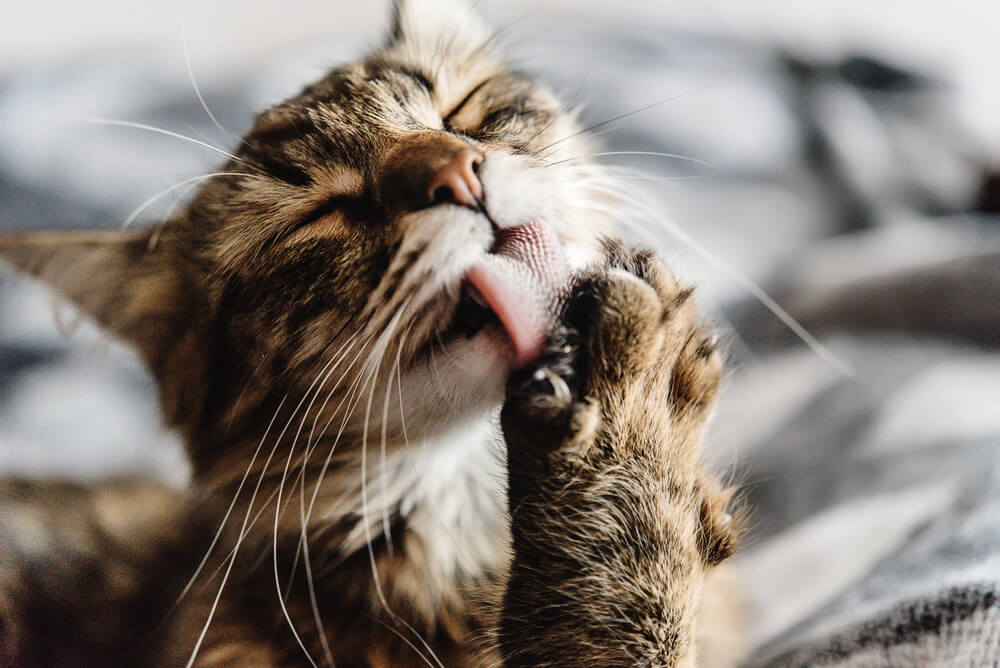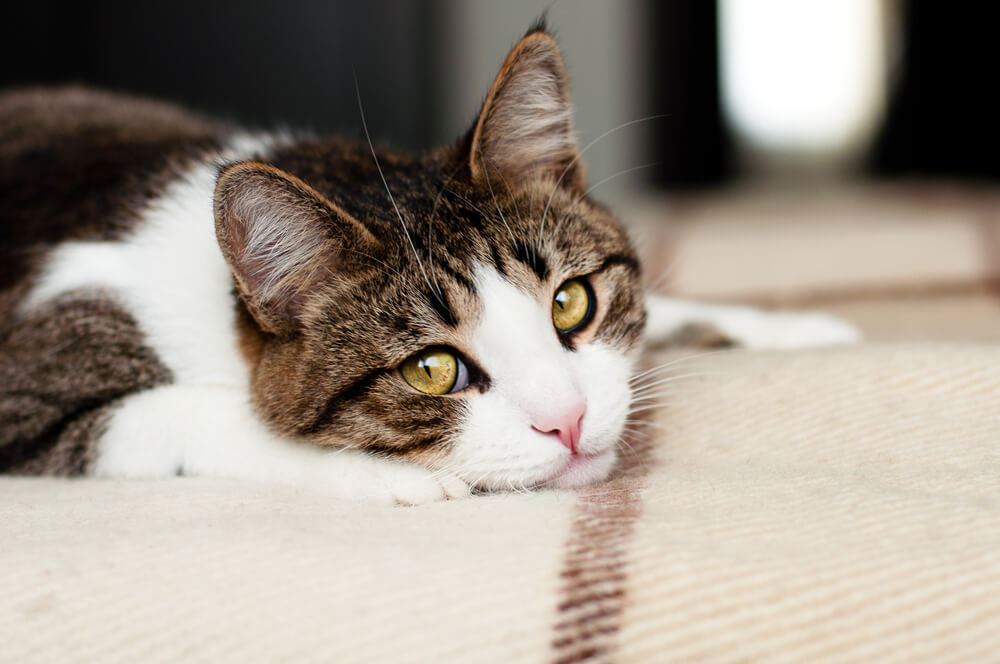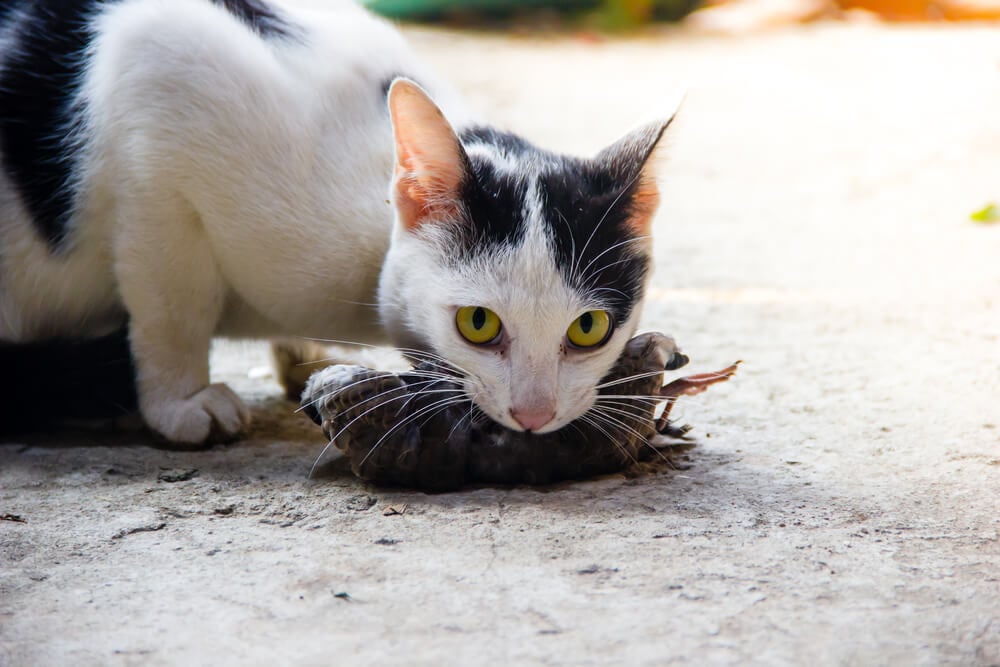
If your cat has developed separation anxiety, it can be equally as distressing for parents to see their loved one unhappy. Thankfully, there are some simple changes you can make which will hopefully bring back their confidence and independence.
Can cats get separation anxiety?
When it comes to the big differences between dogs and cats, one of the common things you’ll hear is that dogs are needy and dependent on their parents, while cats are solitary and distant creatures, sometimes to the point of being aloof.
As with many stereotypes, there’s a grain of truth to these descriptions, but it’s not quite as cut and dried as that. Many parents will be the first to attest that cats can be just as desperate for affection as their canine counterparts and in extreme cases, this will manifest itself as separation anxiety.
What is separation anxiety?
It’s a psychological condition that causes a cat to feel stressed when they’re left alone, say when a parent goes out to work. It can even happen when a cat becomes overly attached to just one person in the household and gets anxious when they’re not about, even if there are other members of the family in the vicinity.
Any cat can develop the disorder, but there are certain groups more prone to it — these include kittens weaned too early, as well as female and indoor cats.
What are the signs of separation anxiety?
There are a few key signs to look out for if you suspect your cat is suffering from separation anxiety and stressed about being lonely.
- Going to the toilet outside of their litter tray, often on a parent’s bed instead
- Obsessive grooming
- Excessive meowing and yowling
- Destructive behavior, such as scratching of sofas and furniture
- Loss of appetite, or in extreme cases, vomiting and diarrhea
- Your cat is uncharacteristically clingy or restless when you’re in the home together
Sometimes, a parent sets up a camera to watch how their cat behaves when they’re on their lonesome. If you witness any of these symptoms, be sure not to meet these acts with anger or punishment — they’re ultimately driven by mental illness.
How to get rid of separation anxiety
Obviously, no parent likes to think of their cat as being unhappy and there are lots of measures they can try for alleviating the worst symptoms. A lot of these are relatively simple things.
Sometimes, a TV or radio channel left on during a parent’s absence is helpful, as is filling your cat’s environment with toys, scratching posts and puzzle feeders to keep their minds occupied. Also, make sure they have somewhere to perch from which they can look out the window — cats love being nosy.
Cruel to be kind
Although it’s tempting, you don’t always have to give your cat attention when they’re circling around your feet — instead praise them when they’re exhibiting independence, such as playing by themselves.
You can also try to train your cat to be comfortable in their own company by going out for short periods of time — say, a quarter of an hour — and gradually increasing this duration over time so they get used to being alone. It’s also not recommended to make a big song and dance of going out the front door, either. Rather than announcing your departure with lots of kisses and cuddles, just try slinking out unnoticed.
Some of these measures might seem a little cold-hearted, but remember, your cat will thank you for it in the long run.
Can the vet help?
If you’ve tried modifying your cat’s environment and your own routine to no avail, it might be time to turn to your vet for professional assistance. After an examination of your cat, they might be able to prescribe anti-anxiety medication or recommend a behaviorist that will help your cat stand on their own two — or four — feet once again.
We uphold the highest editorial standards when creating the authoritative content pet parents rely on and trust.
Every piece of clinical content on the Cat Food Advisor is reviewed by our certified Veterinary Advisory Board, which consists of licensed veterinarians and medically certified specialists.
Our reviews are completely independent; we are not paid by any pet food company to promote their products favorably. We do not accept money, gifts, samples or other incentives in exchange for special consideration. For more information see our Disclaimer & Disclosure page.




